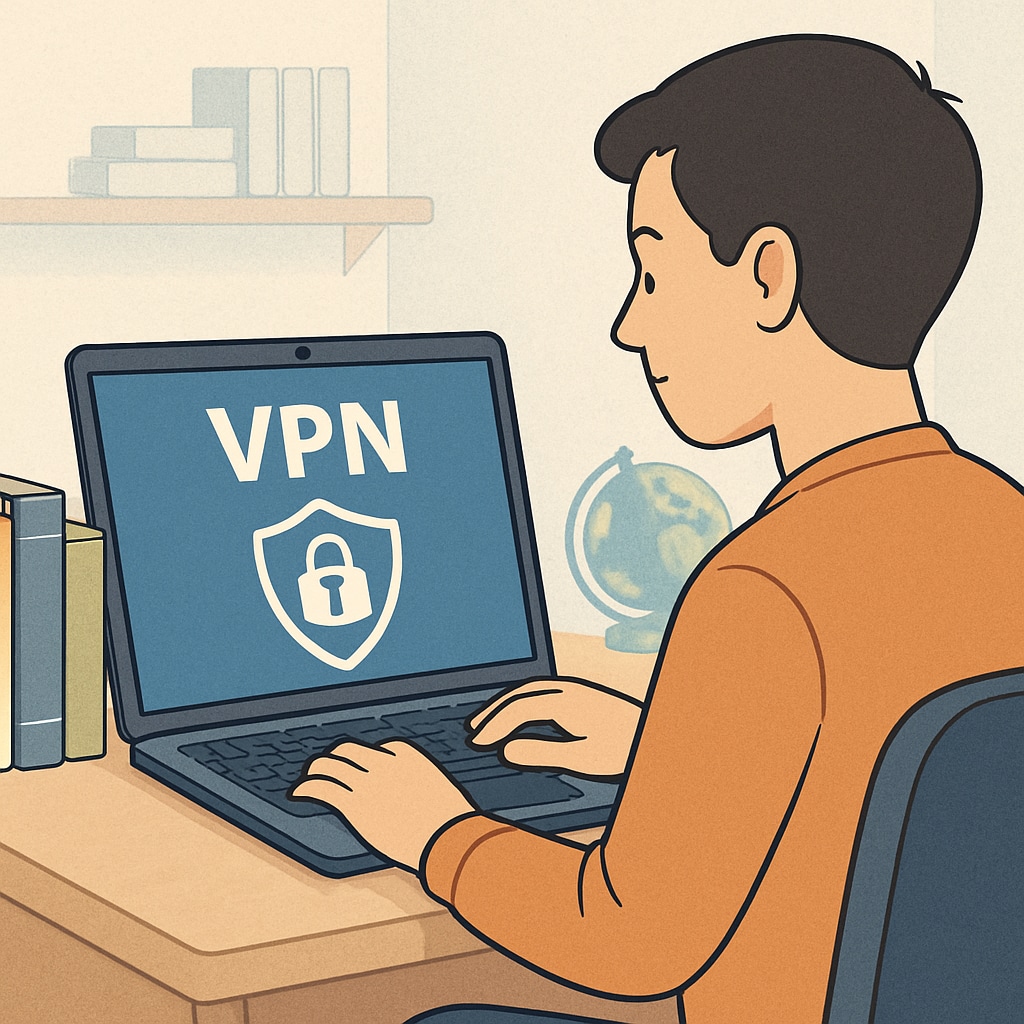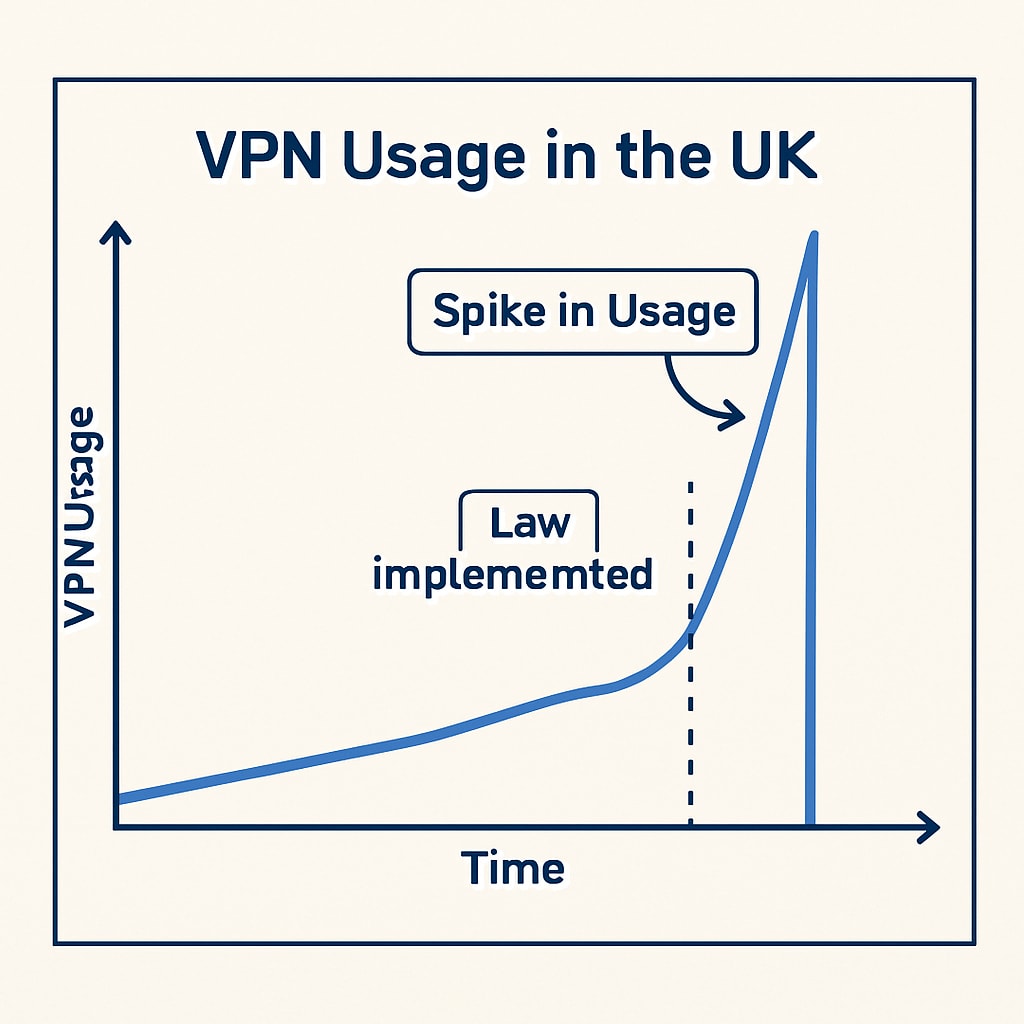The implementation of the UK’s age verification law has sparked significant changes in online behavior, with VPN usage surging as a result. This legislation, designed to restrict access to adult content by requiring users to verify their age, has raised concerns about privacy and prompted many to seek alternative methods to bypass these restrictions. VPNs (Virtual Private Networks) have emerged as a popular solution, allowing users to maintain anonymity while navigating the internet. But what are the broader implications of this trend?

Understanding the UK’s Age Verification Law
In recent years, the UK government has introduced a series of measures aimed at enhancing online safety. The age verification law, part of the broader Online Safety Bill, requires websites hosting adult content to verify that users are over 18. This is typically achieved through credit card checks, government-issued IDs, or third-party verification services.
While the law’s intention is to protect minors from accessing inappropriate material, it has sparked significant debates regarding privacy and data security. Critics argue that the collection of personal information for age verification could lead to data breaches or misuse, leaving users vulnerable.
The Rise of VPN Usage in Response to the Law
One of the most notable responses to the age verification law has been a sharp rise in VPN usage across the UK. VPNs allow users to bypass geographic restrictions and maintain anonymity by masking their IP addresses. This has made them an attractive option for those seeking to circumvent the new regulations without compromising their privacy.
According to a survey conducted by cybersecurity firms, VPN downloads in the UK increased by over 30% following the announcement of the age verification mandate. Users cite concerns about data privacy and the inconvenience of verification processes as key reasons for adopting VPNs.

Privacy vs. Regulation: A Delicate Balance
The rise in VPN usage underscores a broader tension between regulation and privacy. On one hand, the age verification law aims to create a safer online environment, particularly for young users. On the other hand, it raises significant concerns about individual freedoms and data protection.
Advocates of online privacy argue that the law disproportionately burdens users by forcing them to provide sensitive information, which could be exploited if not handled securely. For example, the 2015 TalkTalk data breach, which exposed the personal details of thousands of users, serves as a stark reminder of the potential risks.
Additionally, the use of VPNs as a workaround highlights the limitations of such legislation. By masking their location, users can easily access restricted content, rendering the law less effective than intended.
What This Means for the Future
The UK’s age verification law and the subsequent surge in VPN usage raise important questions about the future of internet regulation. Will governments worldwide adopt similar measures, and if so, how will they address the associated privacy concerns?
Some experts suggest that more robust encryption and decentralized verification systems could offer a solution, balancing the need for regulation with the protection of user privacy. Others advocate for increased public awareness about digital rights and the potential risks of data sharing.
As technology continues to evolve, it is clear that the interplay between regulation and privacy will remain a key issue. For now, the UK’s age verification law serves as a case study in the challenges of implementing effective online safety measures without infringing on personal freedoms.
Conclusion: The UK’s age verification law has undeniably changed the digital landscape, driving a surge in VPN usage and sparking debates about privacy and regulation. While the law addresses important concerns about online safety, its effectiveness is limited by the widespread availability of tools like VPNs. Moving forward, striking a balance between security and freedom will be critical in shaping the future of internet governance.


